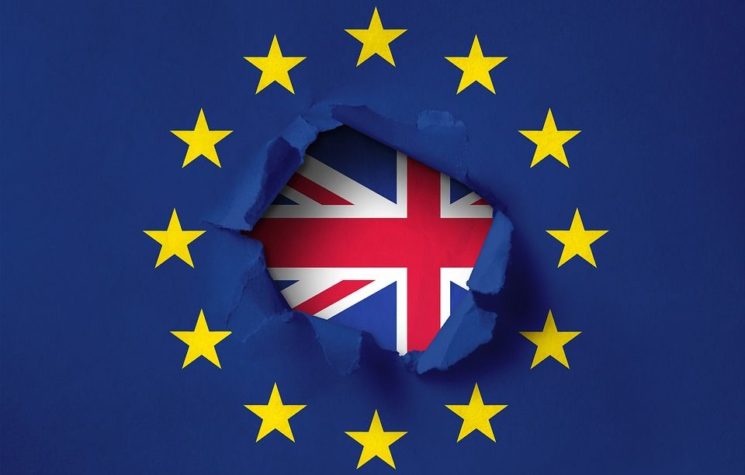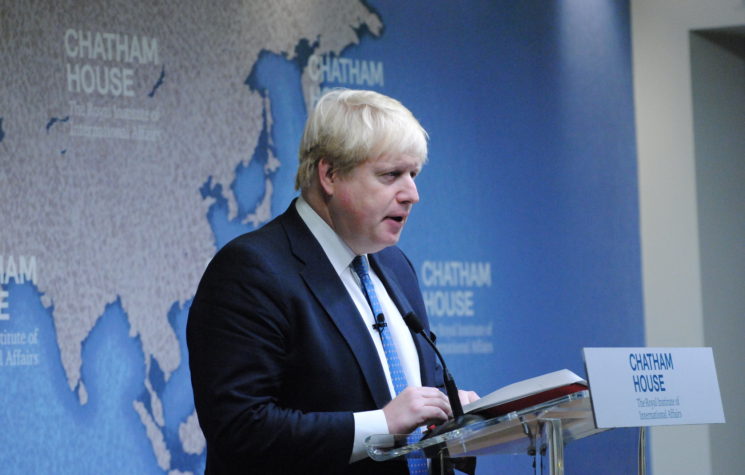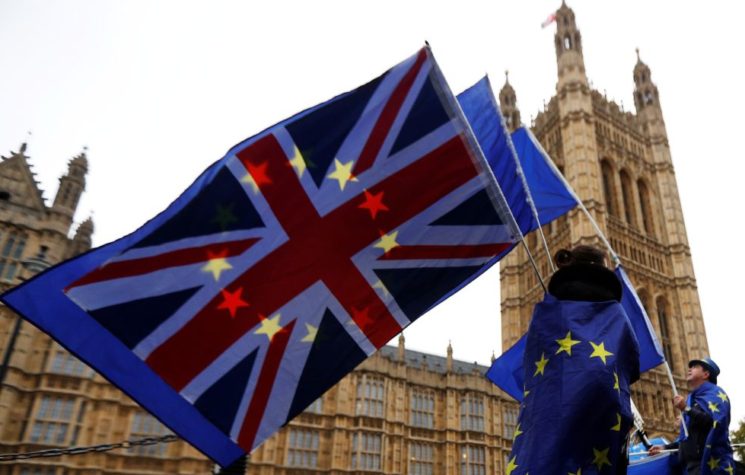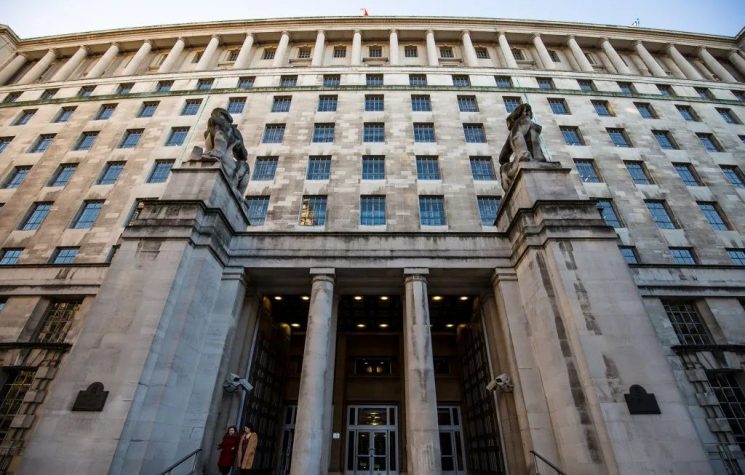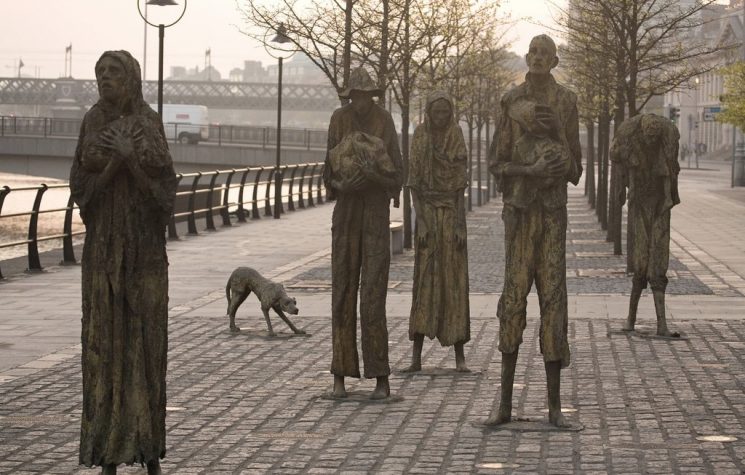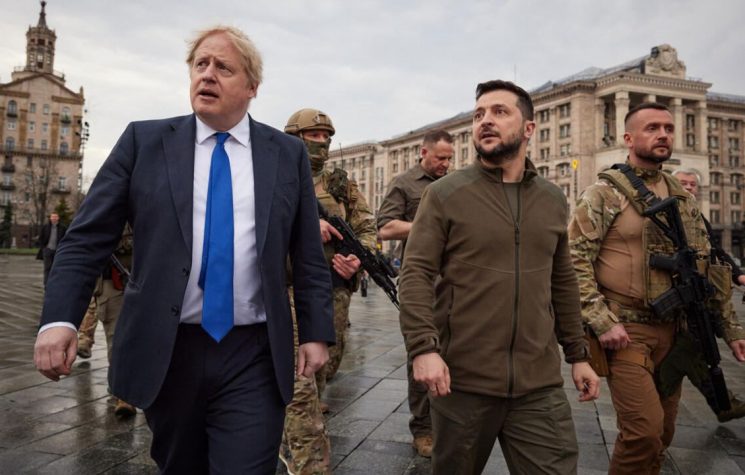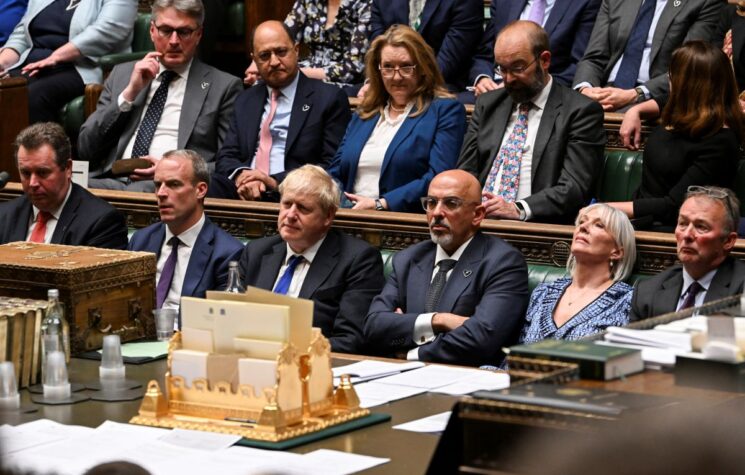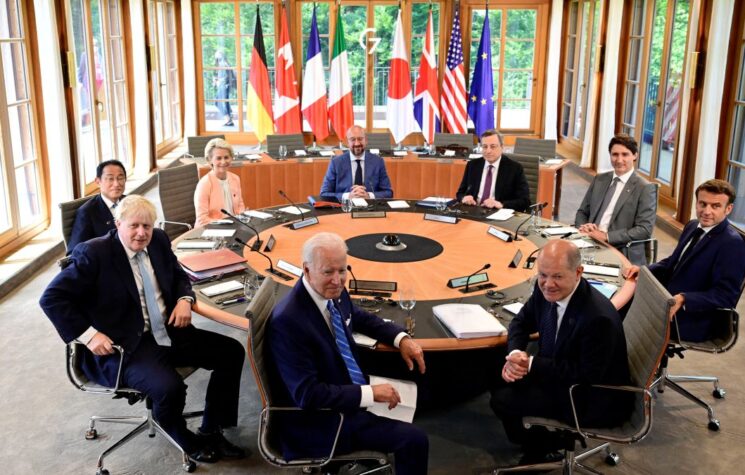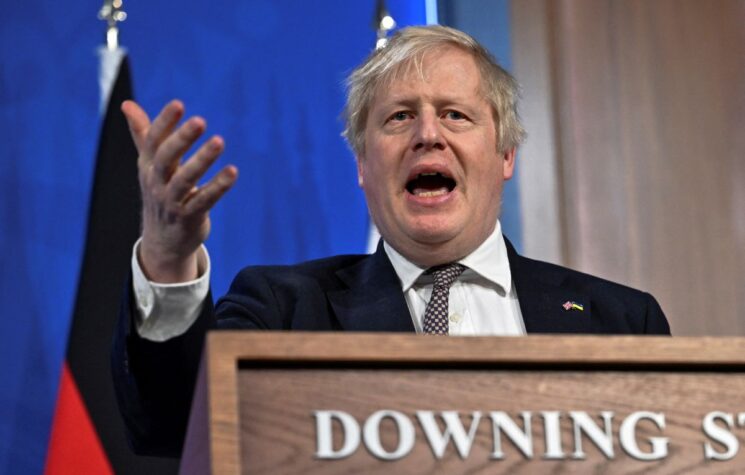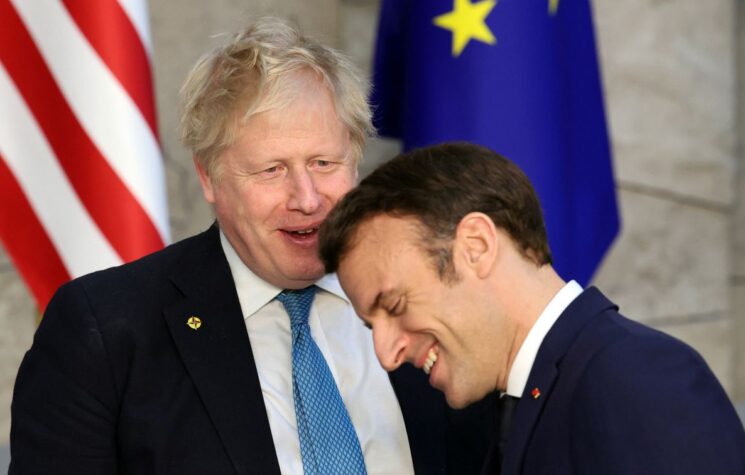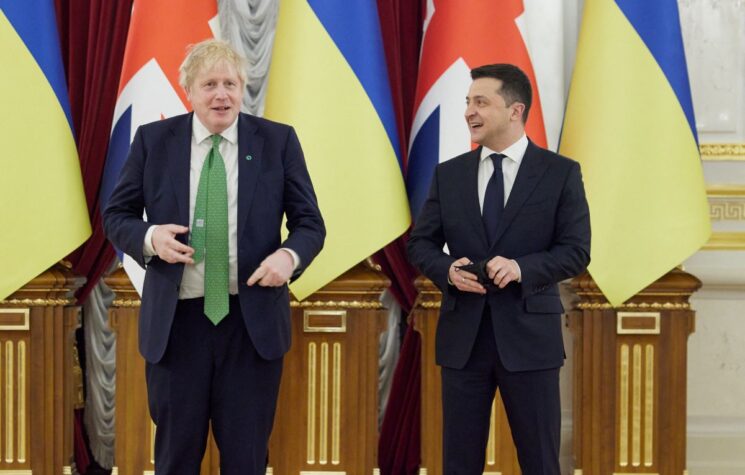It is likely that Boris Johnson will be prime minister of the United Kingdom for the next ten years, which is a sobering thought, and it is necessary that speculation as to his possible intentions on the international stage include examination of his personality and past record.
When parliament meets for the first time following an election the new government outlines its policies in a speech composed for the long-suffering Queen to deliver in front of all legislators, which she did on December 19. Johnson’s programme included plans for leaving the European Union, further restrictions on immigration, increased prison sentences for those guilty of terrorism, and an increase in spending on the National Health Service.
There was no specific mention of international affairs, although Johnson will forbid such institutions as universities and local councils to express disapproval of any foreign countries’ actions by, for example, refraining from purchasing their exports. Johnson explained that “one innovation this speech introduces is we will stop public bodies from taking it upon themselves to boycott goods from other countries to develop their own pseudo-foreign policy against a country which with nauseating frequency turns out to be Israel.”
In an interview in July 2019 with Jewish News, Johnson described himself as a “passionate Zionist” because Israel is a “great country [that] I love”. He said “I believe in Israel. I support Israel. I will always support Israel,” which is an indication of the UK’s future policy as regards the Middle East, and yet another nail in the coffin of Palestine, concerning which it is notable that Johnson appointed Ms Priti Patel to be Home Secretary in the new government, because she had had to resign as Overseas Aid Minister in 2017 following a series of lies she told to prime minister Theresa May about a shady visit to Israel.
It had been reported that in August 2017 she took “a secret trip to Israel with a lobbyist, during which she held 12 meetings, including one with Benjamin Netanyahu, the Israeli prime minister, without informing either [Prime Minister] May or Boris Johnson, the foreign secretary.” She claimed, however, that “Boris knew about the visit. The point is that the Foreign Office did know about this, Boris knew about [the visit to Israel].” And it seems that perhaps he did know, because the lies she told about her visit have been forgiven and forgotten, and she is now a most important member of Johnson’s government. So perhaps Boris did indeed know about her visit.
There are few other pointers as to the direction of foreign policy, apart from the Conservative government’s fixation about leaving the European Union which is constantly vilified and blamed for all the ills that have befallen the divided United Kingdom.
On the other hand, some European nations appear to be favoured by Johnson who is well-known for grasping all opportunities to have photographs taken of him in what he imagines to be favourable circumstances. Two days after the Queen’s speech he jetted off in a Royal Air Force transport aircraft to spend seven hours in Estonia where he served Christmas luncheon to some of the 850 British troops stationed there as part of the Nato Battle Group. During the photo opportunity he told the troops “What you’re doing is showing that Nato works and that Nato is an alliance to which we in this country are absolutely committed. The UK is providing the guarantee of the security for the whole continent and particularly here in Estonia” — which borders Russia. He did not expand on exactly how the UK could manage to do anything in the military field, as it would have been embarrassing to have to admit that the British armed services are in a state of decline. In August the BBC reported that the size of the armed forces had fallen for the ninth consecutive year, with the army, for example, having only 75,000 trained soldiers.
Nevertheless, Britain’s soldiers overseas have in the recent past been convenient for Johnson, who made use of the UK’s military deployment in Afghanistan for a piece of grubby political tap-dancing when he was Foreign Secretary in 2018.
Johnson is the Member of Parliament for the constituency of Uxbridge and South Ruislip in outer London, close to Heathrow airport. There is much opposition among residents concerning proposed expansion of Heathrow, especially a third runway which would add an enormous amount of traffic and noise. Johnson realised the public relations importance of this, and in the interests of being elected in 2015 decided to oppose the building of the runway. He promised he would not let the project go ahead and declared he would “lie down in front of those bulldozers and stop the construction of that third runway.”
Following his election in 2015 he was made foreign minister and in June 2018 found it most important that he should visit Afghanistan for a day.
And it so happened that on that day the parliament was holding an important vote. As the Financial Times reported, Mr Johnson “visited Afghanistan for nine hours on June 25, the same day that MPs in London voted on approving a third runway to Heathrow airport” which was government policy. His little excursion cost the British taxpayer £19,000.
In other words, Mr Boris Johnson lacked the courage to either tell the people he represents in Parliament that he wasn’t going to lie down in front of bulldozers and was going to vote for the runway — or to say to the prime minister that he could not betray his principles and would therefore vote against runway construction and resign as a government minister.
The definition of moral cowardice is “The kind of cowardice in which taking a principled stand is avoided because of its risks, especially the disapproval or hostility of others,” and to the surprise of few people, Johnson took the coward’s way out and avoided the decision and took flight out of the country, thus missing the vote. He ran away from the runway.
And this is the man who now heads the government of the United Kingdom, which goes to show that you can fool and deceive an awful lot of people for an awful lot of the time.
The Johnson-composed Queen’s speech included the statement that the government “will work to promote and expand the United Kingdom’s influence in the world. An Integrated Security, Defence and Foreign Policy Review will be undertaken to reassess the nation’s place in the world, covering all aspects of international policy from defence to diplomacy and development”, which says nothing.
So for the moment it seems that loving Israel and believing that “Nato is an alliance to which we in this country are absolutely committed” are the main props of Johnson’s foreign policy. But that is enough to be going on with, as alienating much of the Arab world (and thus increasing the risk of extremist terrorism), and indicating that Russia is regarded as Britain’s main enemy are significant indicators for the future. It must be hoped he is not attracted by more moral runaways.








